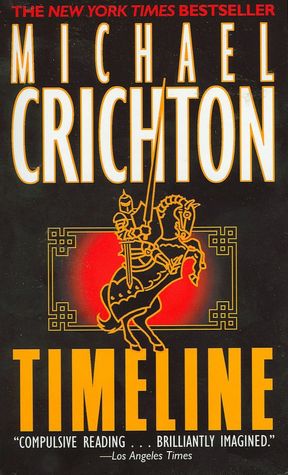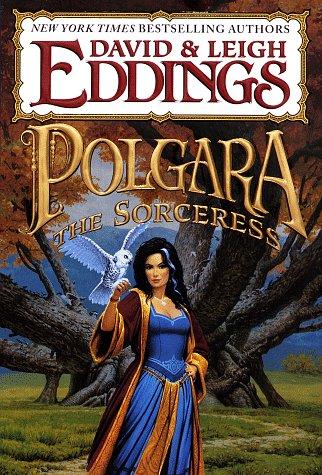Okay, so we've all done the lists of 5 things you'd bring with you if you were stranded on a desert island..... movies, music, etc., but what we really care about is books! To quote Dale from The Walking Dead, "If I had known the world was ending I would have brought better books." Well, now we know: you're gonna be stranded on a desert island and you've got room for 5 paperbacks.
Sorry, your Kindle sinks like a rock.
No cheating.
Some of my favorite writers are not going with us. I love Vonnegut, Palahniuk, Bradbury, Orwell and many others, and it pains me to leave them behind. But a book that will be read and re-read must stand the test of time. If I haven't already read the book twice, it's automatically disqualified. Also, I must rule out books in a series. It would drive me crazy to have The Prisoner of Azkaban and not the Sorcerer's Stone.
1 - Water for Elephants by Sara Gruen. This is one of the books that take me places, and I'm taking it to our desert island as well. I breaks my heart to watch the movie massacre of Gruen's brilliance, but the pages themselves remain untainted by Hollywood fumbles. There is just so much to savor; the wonder of the circus, nostalgia for a simpler time, the darkness of the prohibition era and the danger of forbidden love. This story's beginning is my favorite on record and every time I put this book down I am satisfied.
2 - The Time Traveler's Wife by Audrey Niffenegger. A love affair played out backwards, this is probably the most romantic book I have read, with a fun sci-fi twist sprinkled in. The Hollywood attempt for this film fairs a little better but still falls short. This book shows the hard parts of a life - a hard marriage, a family tragedy, unrequited love, past secrets, loss, pain and loneliness - while still leaving the reader uplifted upon closing the pages. It's stunning every single time.
3 - I, Robot by Isaac Asimov. This book is a collection of short stories about, you guessed it, robots. Asimov chronicles the history of robotics (a term he coined, by the way) starting with the lovable robot nanny Robbie all the way up to a robot who can pass for a man. Every robot made is guided by the Three Laws of Robotics, programming ingrained in the circuitry of each mechanical sentient being. Each story is written as a mystery; trying to determine how a robot behaved in an unprogrammed way. If you think it sounds dull, I dare you to read it. I will certainly be reading it again.
4 - Timeline by Michael Crichton. This is my most favorite of all Crichton's books and it is certainly the most fun to read time and time again. While I love the science that is the foundation to all of Crichton's realities, at times I feel it foreshadows the plot line more than I'd like. Absolutely not the case here. It's an unexpected adventure with characters I genuinely missed once I put the book down. Oh yeah, I forgot this one is a movie too. Please, don't judge the book by it's movie.
5 - Polgara the Sorceress by David Eddings. This is probably not one that many non-fantasy readers know about, but you should check it out. David Eddings wrote two fantasy series, the Belgariad and the Morallean, about a family of sorcerers charged with protecting the world from a vengeful vain and pouting deity. This book tells the story of Polgara, one of the main characters, apart from her adventures in the Belgariad and Morallean. So, I guess technically it's a prequel, but since it's not a necessary part of the series, I say it stays. Also, it's my list. Haha.
All right. Now it's your turn. You get 5 books to bring to our desert island. What are they gonna be?













